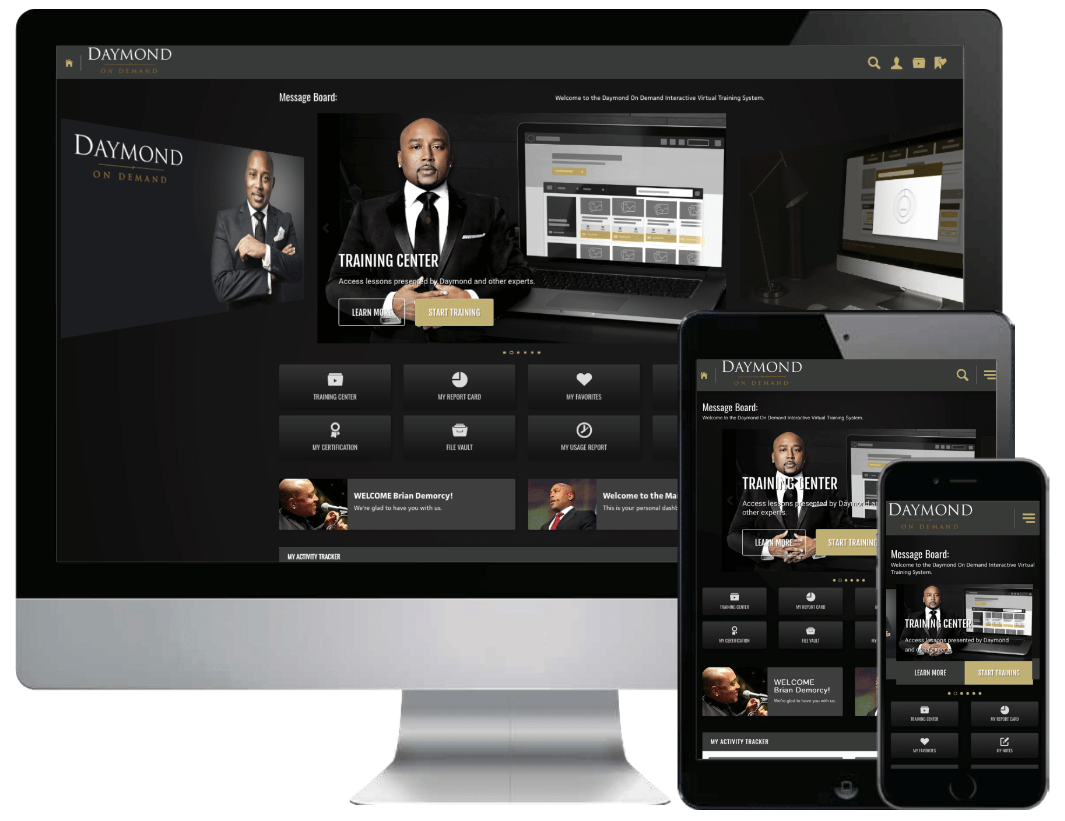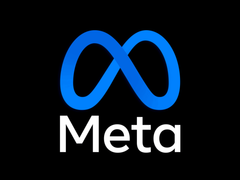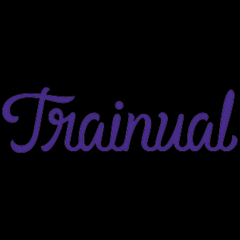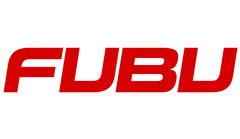Back when I was hustling to grow FUBU, I had the chance to dress NSYNC for a music video. Believe it or not, I almost said no. Not because it was a bad deal—it wasn’t. Most entrepreneurs would’ve jumped at it in a heartbeat. But I didn’t recognize the opportunity for what it really was at the time. To me, it looked like a small collaboration—some wardrobe for a boy band video. I didn’t realize it could become the spark that would catapult my brand into the mainstream. When I finally stepped back and looked at it through a different lens, everything clicked: the timing was perfect—boy bands were dominating the charts, and NSYNC was everywhere. The leverage was massive—millions of fans would see my clothes overnight. It aligned with my vision of making FUBU a household name. And once the exposure hit, it scaled far beyond a single video or moment. That one deal helped put FUBU on the map in a way no paid campaign could’ve done. And it reminded me of something that still guides every business move I make today: the right opportunity doesn’t always come wrapped in a shiny package. Sometimes it looks small—until you recognize its potential.
Here’s the truth: most entrepreneurs don’t fail because they don’t work hard. You’re already putting in the hours—grinding, sacrificing, and betting everything on your vision. The problem isn’t effort. It’s perspective. Most entrepreneurs fail because they don’t know how to evaluate the opportunities in front of them. They chase the wrong ones and overlook the ones that could change everything. Early on, I made that mistake more than once. I chased shiny objects that looked profitable but pulled me off my mission. Other times, I walked right past something powerful because it didn’t look like a “big deal.” So I created a simple filter—a checklist of six questions I now run every potential deal through. It’s not complicated, but it’s saved me from wasting years of time and millions of dollars.
1. Timing – Is the market ready right now? If you’re too early, you’ll spend your energy trying to educate the market. If you’re too late, you’ll get drowned out by competitors. Timing doesn’t mean waiting for perfection—it means paying attention to when momentum is building. The best opportunities meet the market where it already wants to go.
2. Leverage – Will this open doors beyond money? The best deals don’t just make you cash—they create connections. They open doors to new partners, visibility, and distribution. Money is great, but leverage multiplies it. Always ask: what else does this deal give me access to that I couldn’t get on my own?
3. Alignment – Does this move me closer to my bigger vision? Sometimes you’ll see deals that make money but pull you off course. That’s a trap. If it doesn’t align with your long-term vision, it’s a distraction—no matter how good it looks in the short term. Alignment is how you protect your energy, your brand, and your mission.
4. Scalability – Can this grow without me carrying it every step? If you have to be involved in every transaction, every conversation, or every sale, you don’t have a business—you have a job. Scalable opportunities create systems, teams, or products that can grow beyond your personal capacity. That’s how real wealth—and real freedom—are built.
5. Gut Check – Does this feel right? Sometimes the data points one way, but your instincts say otherwise. Listen to that voice. Your gut is a collection of every experience, lesson, and pattern you’ve ever seen. When something feels off, even if it looks perfect on paper, it probably is. Trust yourself enough to walk away—or to take the leap.
6. People – Do I trust who’s behind it? At the end of the day, business comes down to people. Deals live and die by who’s involved. The right people can turn an average idea into a success story. The wrong ones can destroy even the best plan. Bet on people you trust—those whose character, integrity, and work ethic align with yours.
Filters five and six—your gut and your people—might come last on the list, but they’re the most important. Because here’s the thing: money is a great slave but a horrible master. Every successful entrepreneur I know has stories about trusting the wrong person or ignoring their instincts. Those mistakes are expensive. But when you combine intuition with trusted relationships, that’s when the real magic happens. The NSYNC deal taught me that. I said yes because my gut told me to—and because I trusted the people I was working with. And that “yes” opened doors I couldn’t have imagined. So before you say yes to your next big opportunity, ask yourself these six questions. It could be the difference between chasing something shiny—and recognizing the move that changes everything.
